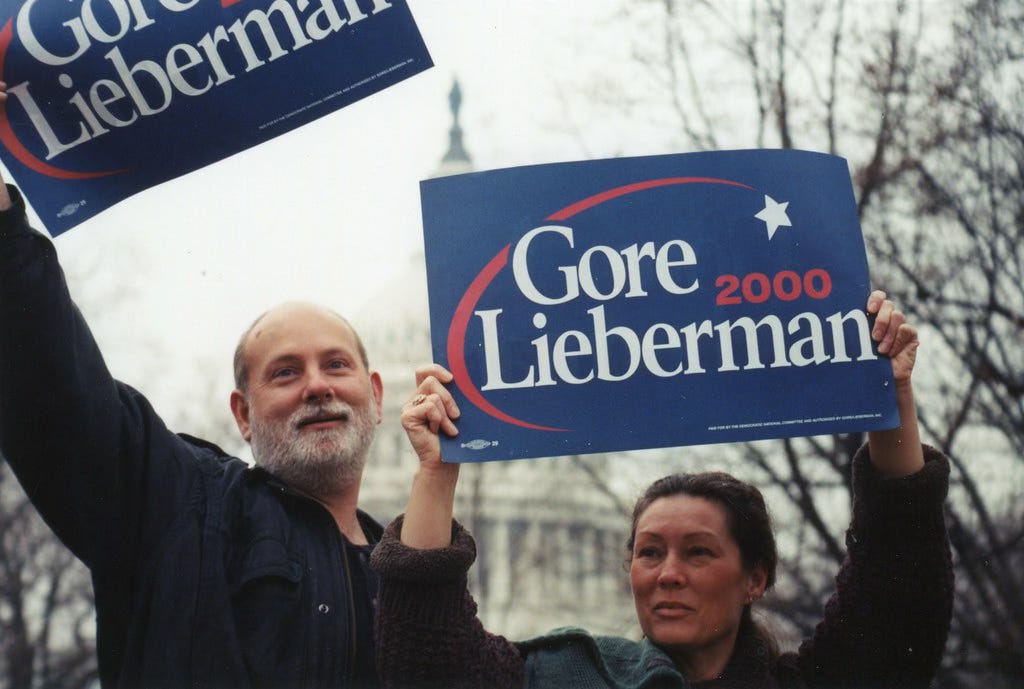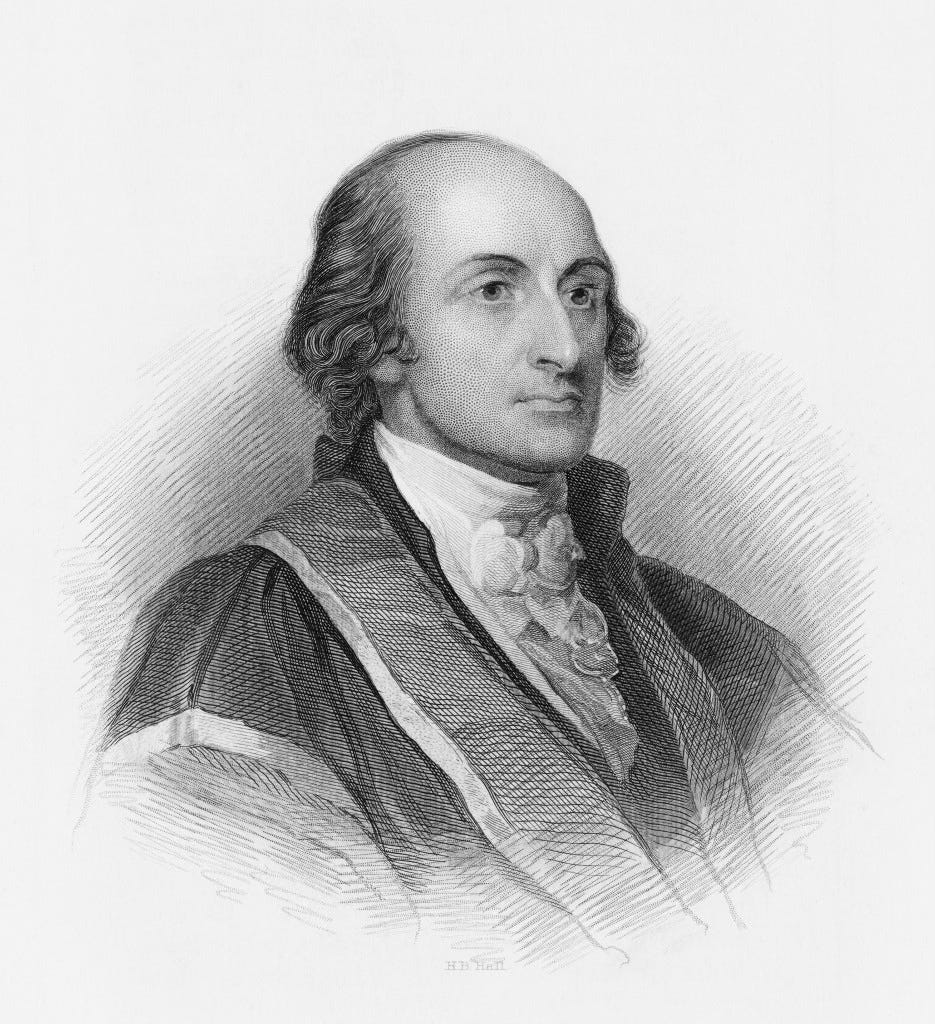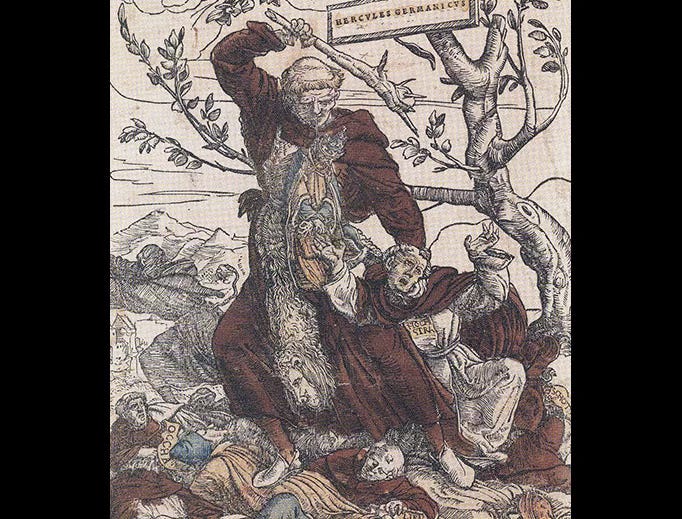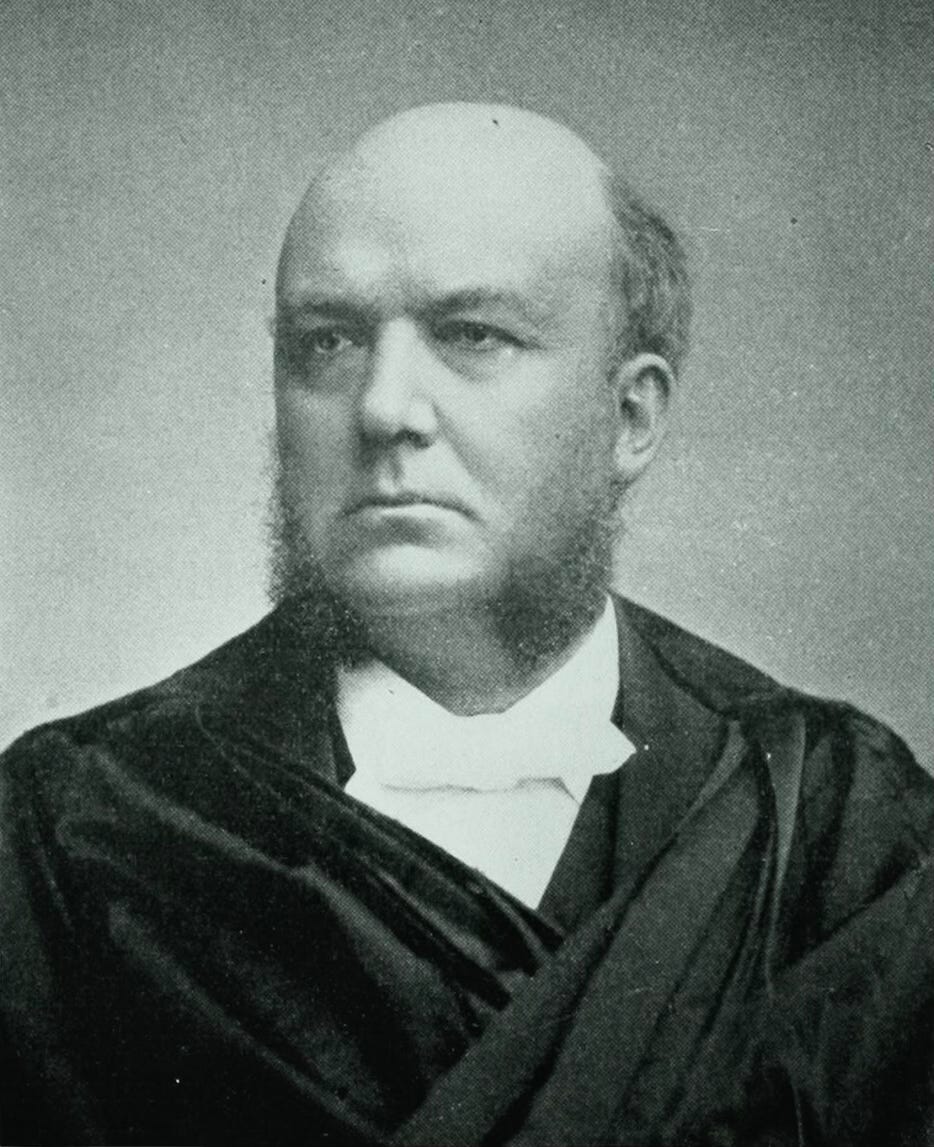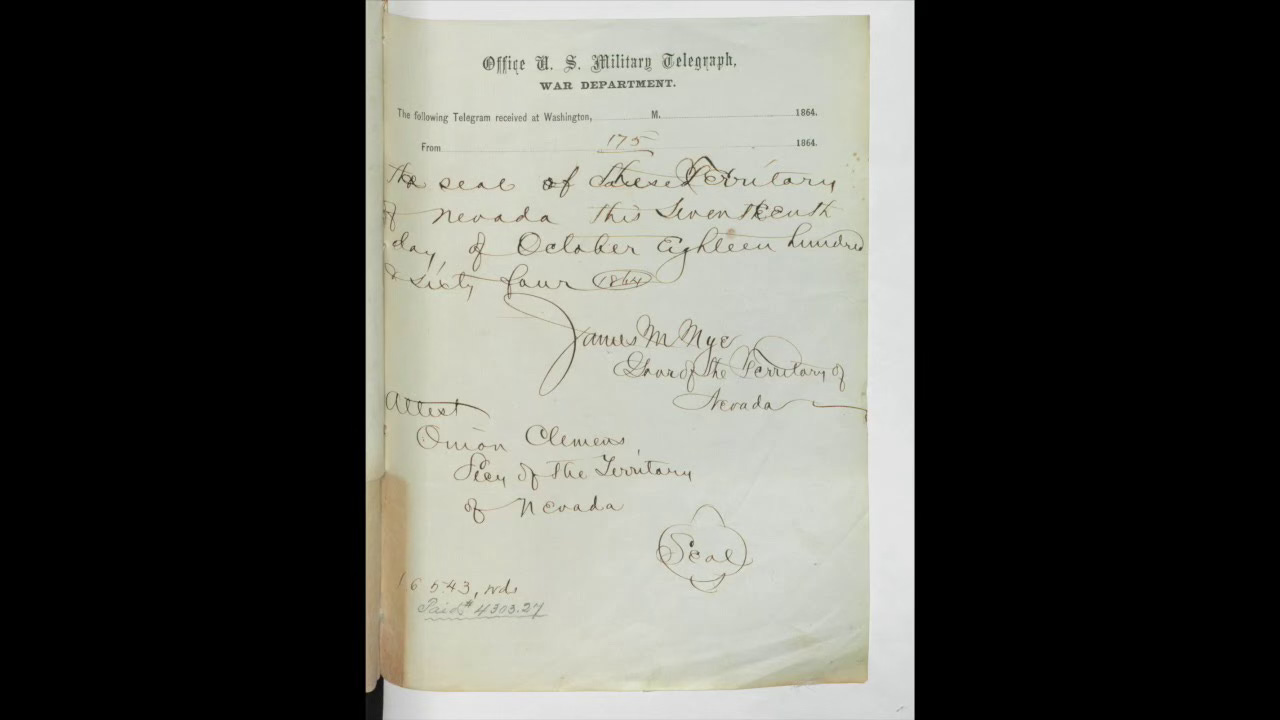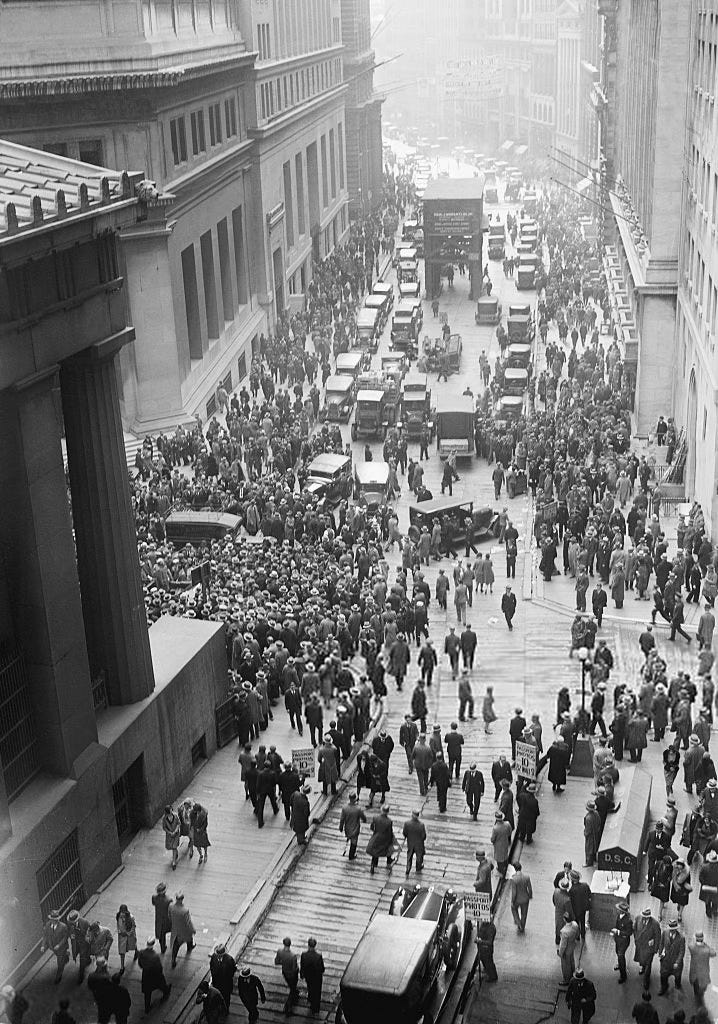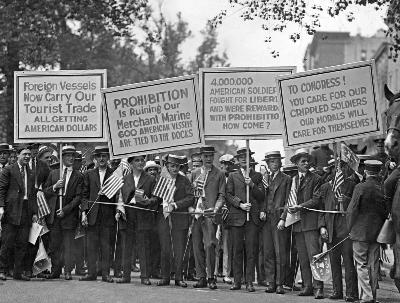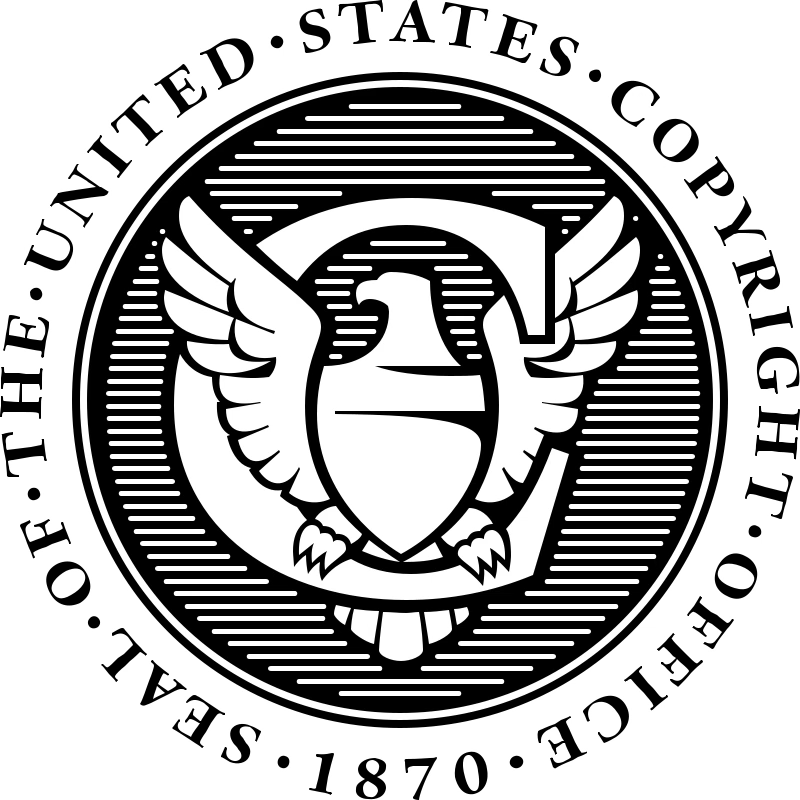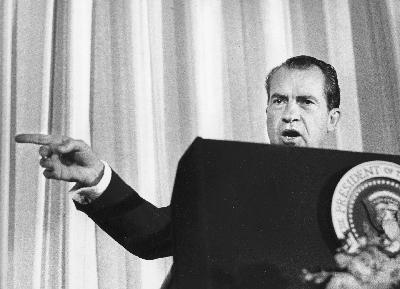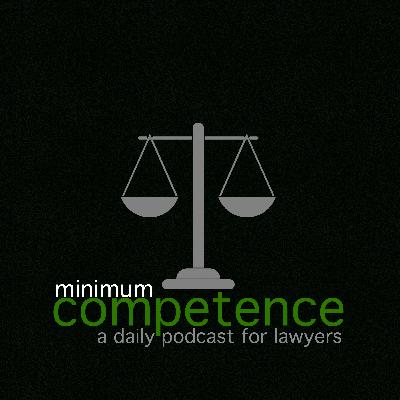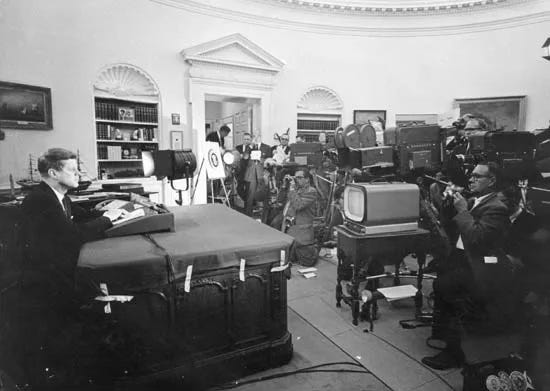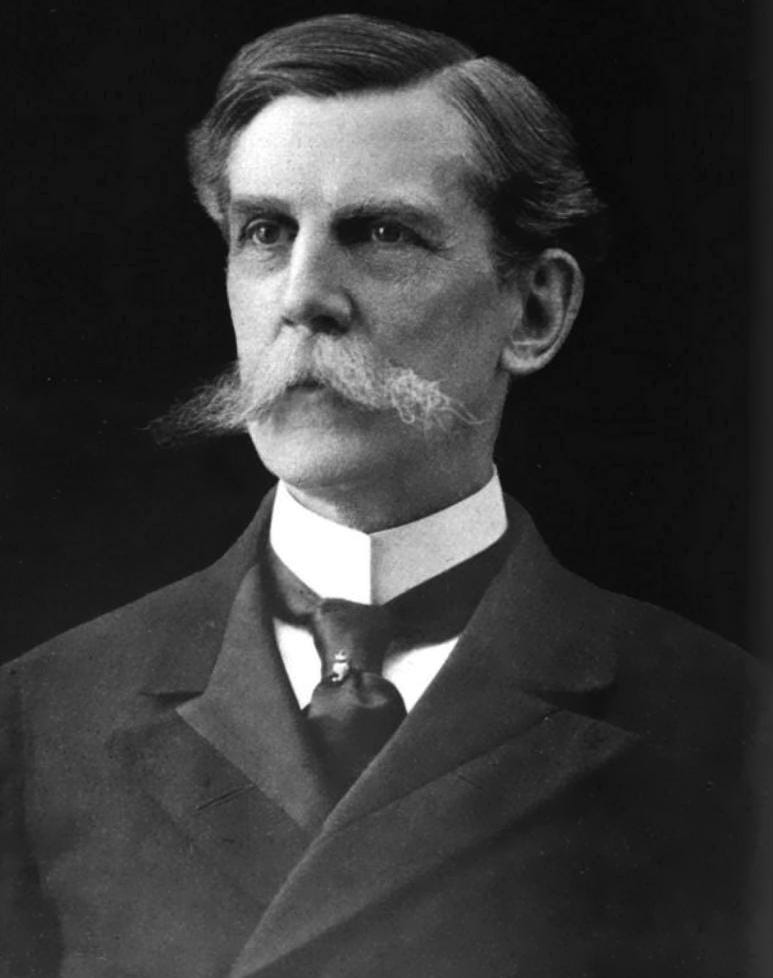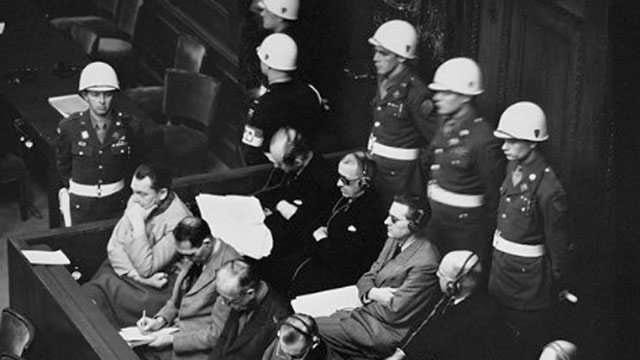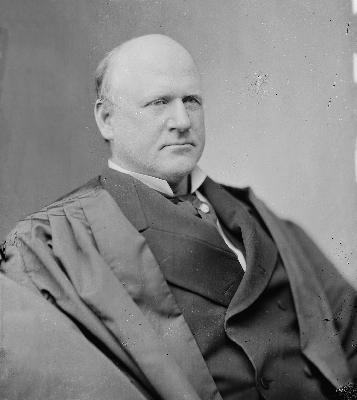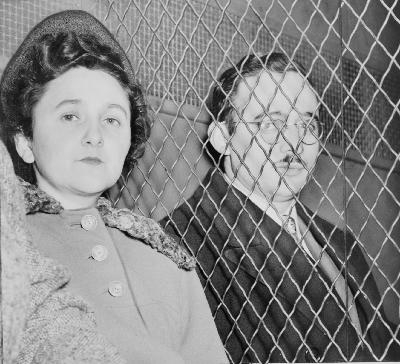Legal News for Fri 11/7 - Ruling Forthcoming on Trump's Portland Incursion, Sandwich-thrower Acquitted, Court Order to Fully Fund SNAP by Friday
Description
This Day in Legal History: 2000 Presidential Election
On November 7, 2000, the United States held a presidential election that would evolve into one of the most significant legal showdowns in American history. The race between Republican George W. Bush and Democrat Al Gore came down to a razor-thin margin in Florida, where just hundreds of votes separated the two candidates. Under state law, the closeness of the vote triggered an automatic machine recount. What followed was a legal and political firestorm involving punch-card ballots, partially detached chads, and controversial ballot designs like the “butterfly ballot,” which some argued led to voter confusion.
Litigation quickly erupted in Florida state courts, with both campaigns fighting over recount procedures and ballot validity. Central to the legal debate was whether Florida counties could use different standards in determining voter intent during manual recounts. The legal issues raised tested interpretations of the Equal Protection Clause and the boundaries of state versus federal authority in managing elections. Amid national uncertainty and media frenzy, the dispute reached the U.S. Supreme Court in Bush v. Gore.
On December 12, 2000, the Court issued a 5–4 decision halting the Florida recount, citing equal protection concerns due to inconsistent recount standards across counties. The ruling effectively secured Florida’s 25 electoral votes for Bush, granting him the presidency despite losing the national popular vote. The decision was criticized by many for its perceived partisanship and for explicitly stating it should not be viewed as precedent. It remains one of the most controversial Supreme Court cases in modern history.
The legal battles following the November 7 election exposed deep vulnerabilities in U.S. election infrastructure and prompted calls for reform, including updating voting technology and clarifying recount laws. The case continues to shape discussions around judicial involvement in elections, federalism, and democratic legitimacy.
A federal judge is expected to rule on whether President Donald Trump violated the law by deploying National Guard troops to Portland, Oregon to suppress protests. The case, brought by Oregon’s attorney general and the City of Portland, challenges the legality of Trump’s domestic military deployment under emergency powers, with broader implications for similar plans in other Democrat-led cities like Los Angeles, Chicago, and Washington D.C.
U.S. District Judge Karin Immergut, who already issued a temporary order blocking the deployment, will now decide if that block should become permanent. The central legal question is whether the Portland protests legally constituted a rebellion, which is one of the few conditions under which federal troops may be used domestically.
The Justice Department argued the deployment was justified, citing violence at a federal immigration facility and describing Portland as “war-ravaged.” Defense attorneys for Oregon and Portland countered that most protests were peaceful and that any violence was limited and contained by local authorities.
A Reuters review revealed 32 federal charges tied to the protests, mostly for assaulting federal officers. Only a few resulted in serious charges or potential prison time.
This case marks a significant test of civil-military boundaries and the limits of presidential emergency powers, and may ultimately be decided by the U.S. Supreme Court.
Judge to rule on Trump’s Portland troop deployment | Reuters
Sean Charles Dunn, a former Justice Department employee, was acquitted of misdemeanor assault by a federal jury in Washington, D.C., after a high-profile trial over an incident in which he threw a sandwich at a Customs and Border Protection (CBP) officer during a 2025 protest. The case, which gained viral attention, stemmed from an August 10 altercation during President Trump’s law enforcement surge in the capital. Video footage showed Dunn yelling at officers and then throwing the sandwich, which reportedly splattered mustard and left onion on the officer’s equipment.
The jury deliberated for about seven hours over two days before finding Dunn not guilty under a statute that criminalizes assaulting or interfering with federal officers. Prosecutors argued the sandwich throw interfered with official duties, while Dunn’s defense contended it caused no injury and was symbolic, intended to divert law enforcement from what Dunn feared was an impending immigration raid at a nearby LGBTQ+ nightclub. The CBP officer testified the sandwich left minor messes but no harm, and later received humorous gifts from coworkers related to the incident, which the defense used to downplay its seriousness.
The verdict is another setback for the D.C. U.S. Attorney’s Office, which has struggled to secure convictions in protest-related cases stemming from Trump enforcement policies. Dunn, who had been fired from the DOJ shortly after the incident, expressed relief and said he believed his actions defended immigrant rights. The presiding judge denied a defense motion to dismiss the case mid-trial but ultimately left the decision to the jury, which rejected the prosecution’s claim that the act met the legal threshold for assault.
Sandwich Hurler Acquitted of Assault Charge in Viral DC Case (2)
U.S. District Judge John McConnell ordered the Trump administration to fully fund SNAP benefits (food aid) for 42 million low-income Americans by Friday, rejecting the administration’s plan to issue reduced payments during the ongoing government shutdown. McConnell sharply criticized the administration for what he described as using food aid as a political weapon, and warned of irreparable harm if full benefits were not provided, including hunger and overwhelmed food pantries.
The USDA had initially planned to suspend benefits entirely in November due to a lack of congressional funding. It later proposed covering only 65% of benefits using limited contingency funds—an option McConnell said was inadequate and failed to address administrative challenges, such as outdated state computer systems unable to process reduced payments. Some states estimated it would take days to weeks to reconfigure their systems for partial payouts.
McConnell said the administration should instead use a $23.35 billion tariff fund—previously used for child nutrition—to fully fund November benefits. His ruling followed a related case in Boston, where another judge also found that the government was legally obligated to use available emergency funds to keep food aid flowing.
The Trump administration appealed the ruling and blamed Senate Democrats for blocking a funding bill that would end the shutdown. Vice President J.D. Vance criticized the court’s decision as “absurd,” framing it as interference in a political stalemate.
Trump administration must fully fund food aid benefits by Friday, US judge rules | Reuters
This week’s closing theme is by Pyotr Ilyich Tchaikovsky.
This week marks the anniversary of the death of Tchaikovsky, who passed away on November 6, 1893 according to the Gregorian calendar—November 7 on the Julian calendar still used in Russia at the time. His death, just days after the premiere of his Sixth Symphony (Pathétique), remains a subject of speculation and sorrow in classical music history. In honor of that date, we’re closing the week with one of his earlier and more intimate works: the String Quartet No. 1 in D Major, Op. 11.
Composed in 1871, the quartet was Tchaikovsky’s first major chamber piece and reflects his growing confidence outside the orchestral realm. Though best known for sweeping ballets and symphonies, here Tchaikovsky demonstrates a delicate sense of form and emotional restraint. The second movement, “Andante cantabile,” became especially beloved—Leo Tolstoy reportedly wept when he heard it performed.
Unlike his dramatic orchestral works, this quartet offers a quiet depth, full of folk-inspired melodies and lyrical interplay between the instruments. It balances elegance with melancholy, a quality that would come to define much of his later music. Tchaikovsky himself cherished the piece, often arranging and revisiting it throughout his career. The “Andante cantabile” was even played at his own memorial.
As we mark November 7, it’s fitting to reflect on the more introspective side of a composer whose life and death still stir emotion more than a century later. Tchaikovsky’s String Quartet No. 1 doesn’t shout—it speaks gently, as if in conversation, and in that quiet voice, it endures.
Without further ado, Pyotr Ilyich Tchaikovsky’s String Quartet No. 1 in D Major, Op. 11 – enjoy!
This is a public episode. If you'd like to discuss this with other subscribers or get access to bonus episodes, visit www.minimumcomp.com/subscribe

